Real or Imagined?
It was late at night in the middle of summer as we drove home from a friend's house and swimming party---ok, truth is we had gone out to a tennis club where a friend worked. He knew the place was closed and that no one would be around. We jumped the fence and went skinny-dipping in their beautiful, olympic sized pool. On the way back to town, along a dark and deserted road, a black cat ran out and crossed the street in front of us. My friend came to a screeching halt. Confused I asked “What are you doing?” He replied that he could not go any further without someone else crossing first. I thought he was kidding, there was not a soul around and wouldn't be until morning. Hmmm Karma or superstition?
The Culprits
Italian superstition can be traced back to Roman times with a variety of omens, signs, and deities governing fate and luck. During the Middle Ages and Renaissance, Italy was a center for mysticism and alchemy. Astrology, fortune-telling, and other forms of divination were popular practices, further reinforcing superstitions in everyday life. A few of these are:
-
Malocchio (Evil Eye): My grandmother believed deeply in this and would do a ritual using olive oil and prayer to rid herself or her children of the malocchio. The belief is one of the most widespread Italian superstitions. It is thought that a person can harm another by giving them a malevolent look, often stemming from envy or jealousy. Another means of protecting oneself is to wear a cornetto (a horn-shaped amulet) or make the sign of the horns with their hands.
-
The Number 17: In Italy, the number 17 is considered unlucky, much like 13 in other cultures. This is because, in Roman numerals, 17 is written as XVII, which can be rearranged to spell "VIXI"—a Latin word meaning "I have lived," and, by extension, "I am dead." Hotels and planes often skip this number, much like 13 is avoided in our culture.
-
Knocking on Wood: Italians, like many others, believe in the power of "knocking on wood" to prevent bad luck. They might knock on wood after expressing optimism about something in order to ward off the chance of jinxing themselves.
-
Salt and Spilled Oil: Spilling salt or oil is considered bad luck. If salt is accidentally spilled, Italians often toss a pinch over their left shoulder to ward off misfortune.
-
Black Cats: While in some cultures black cats are considered symbols of good luck, in Italy, seeing a black cat is seen as a bad omen. This belief stems from medieval times when black cats were often associated with witches.
-
Friday the 17th: Similar to the Western idea of Friday the 13th being unlucky, in Italy, Friday the 17th is regarded as a particularly inauspicious day.
-
Red Underwear on New Year’s Eve: It is a common belief in Italy that wearing red underwear on New Year’s Eve brings good luck and love for the coming year. This practice is especially popular in southern Italy.
-
Broken Mirrors: Breaking a mirror is believed to bring seven years of bad luck, a superstition found in many cultures but strongly adhered to in Italy. To counteract this, some Italians perform rituals to reverse the bad fortune.
-
Never Place a Hat on a Bed: Italians believe that placing a hat on a bed brings bad luck, possibly because it was associated with death. In the past, a priest might leave his hat on the bed of a dying person, so this gesture has negative connotations.
Another is the fear of an open window or a blast of cold air. This is called receiving a “Frescata” or “Colpa d'aria”. Unwelcome cold air can cause colds, stiff necks, stomach aches, muscle aches and so many other maladies. It seems at times when there is no other culprit, they will blame it on, “Una frescata!”
Italy Today
Superstitions persist in everyday Italian life often varying from region to region. In the south, particularly Sicily and Naples, superstition plays a more prominent role, perhaps due to a history of poverty, limited formal education, and strong ties to Catholicism and mysticism. Northern Italy tends to be somewhat less superstitious, but many common beliefs, such as the fear of the evil eye, are still prevalent. While not all Italians are superstitious, most will err on the side of caution, “just in case”. These cautious observances connect modern Italy with its ancient and medieval past.


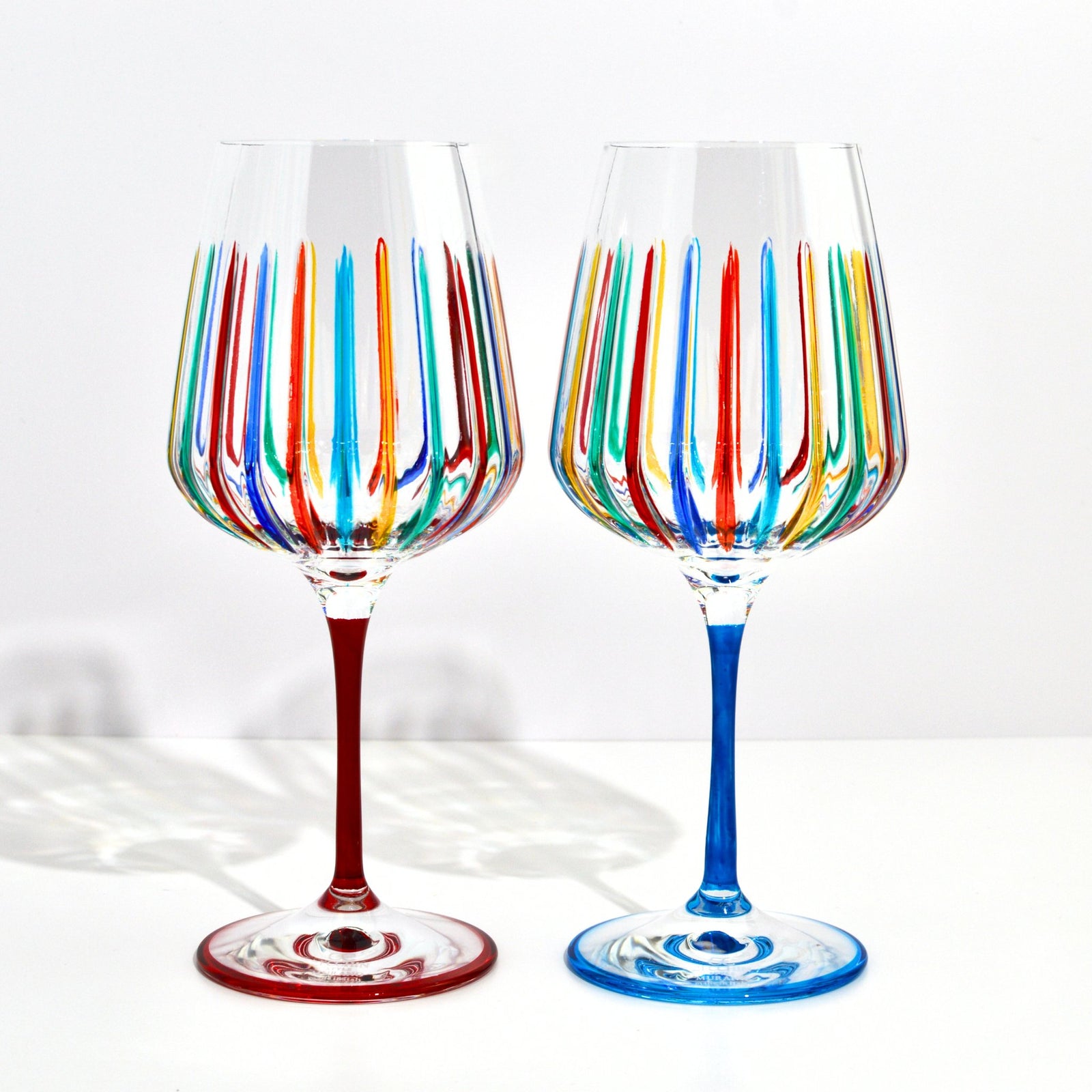


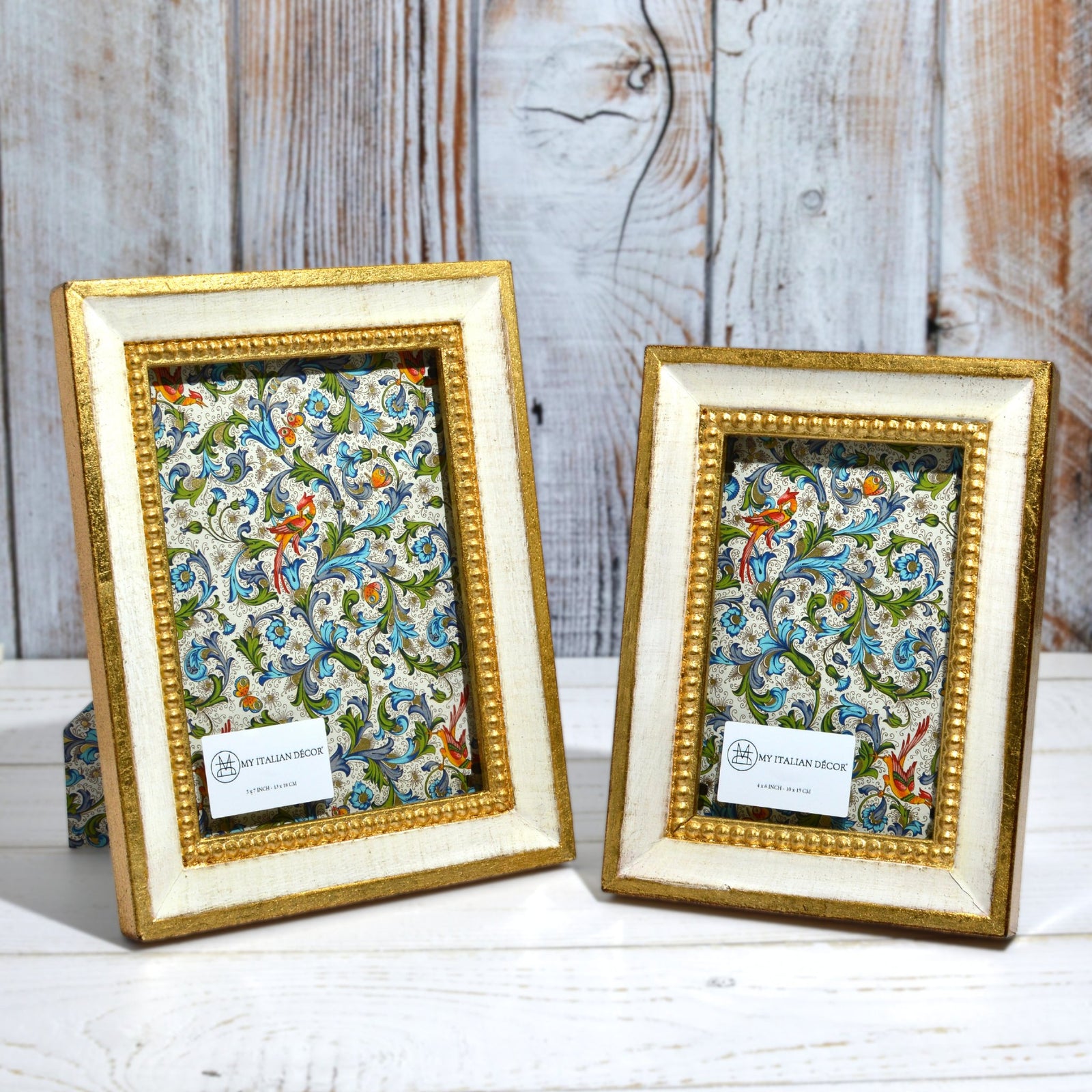
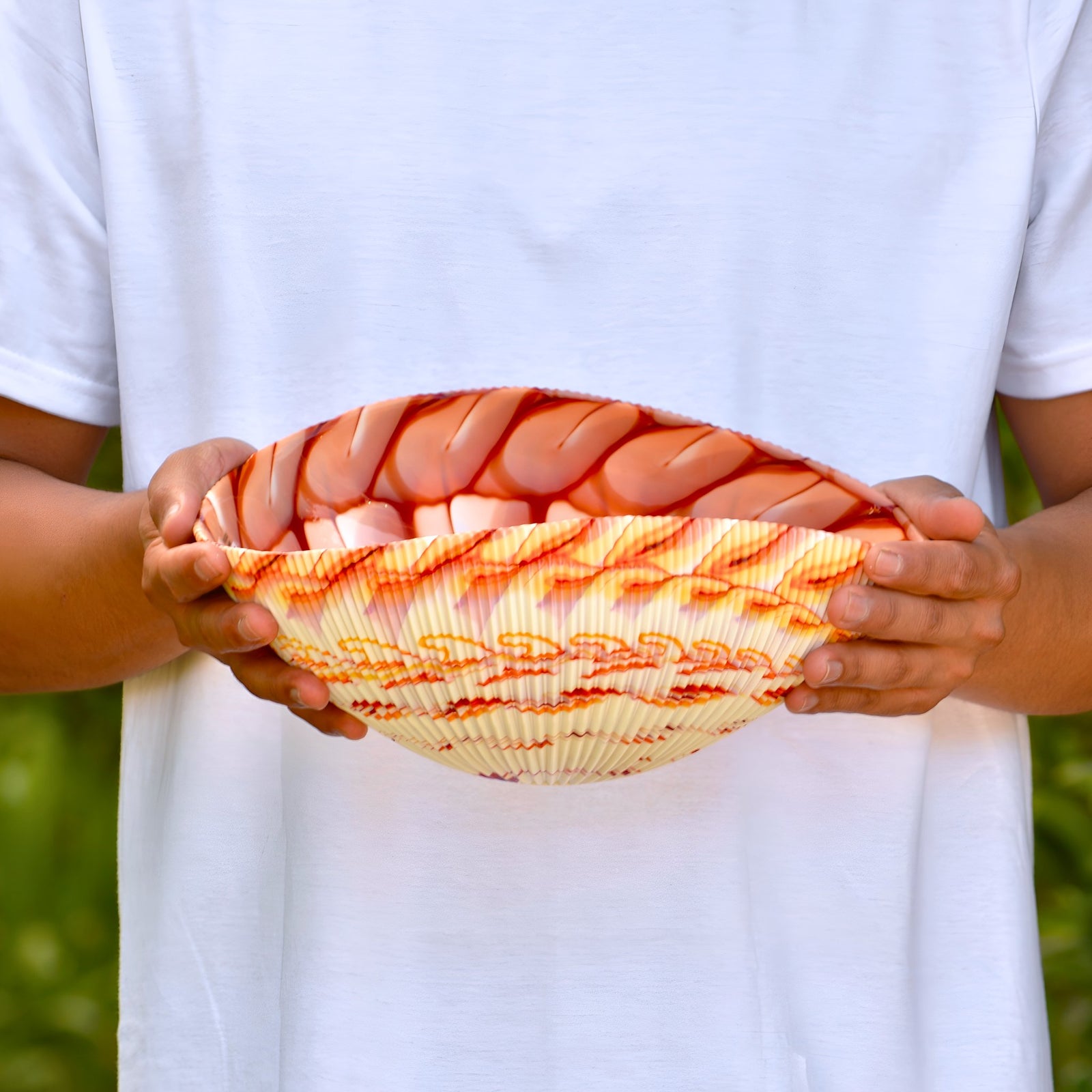
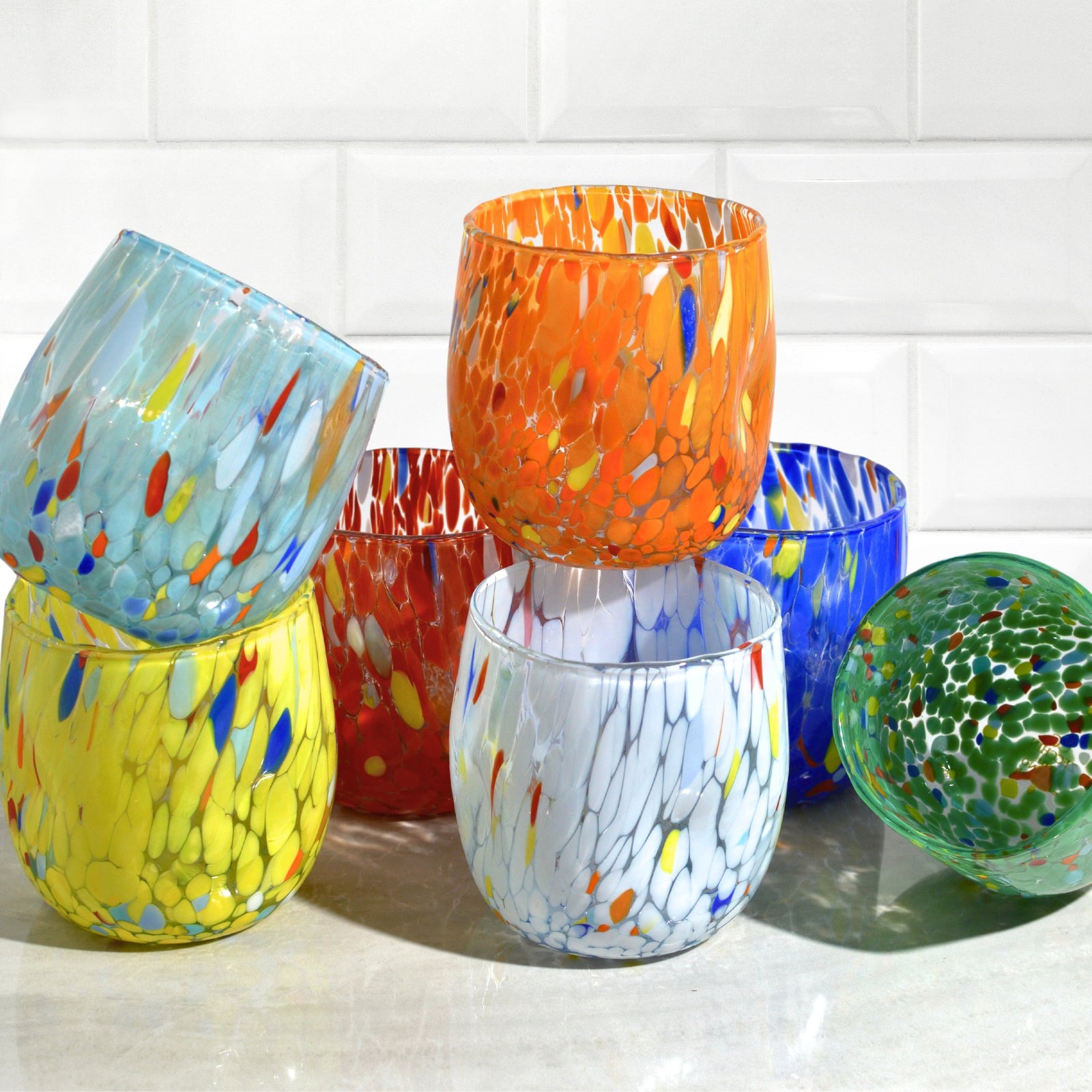
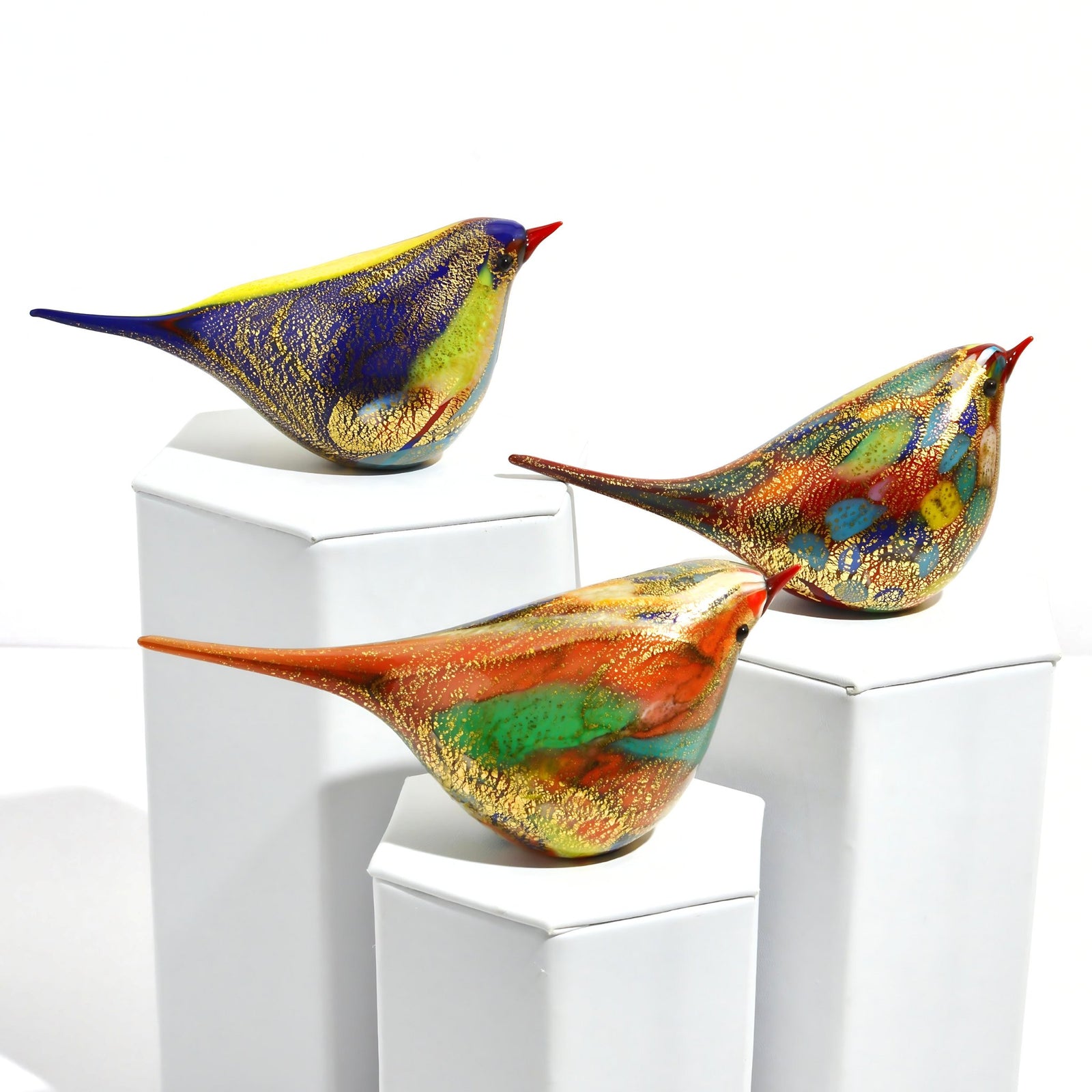




Leave a comment (all fields required)